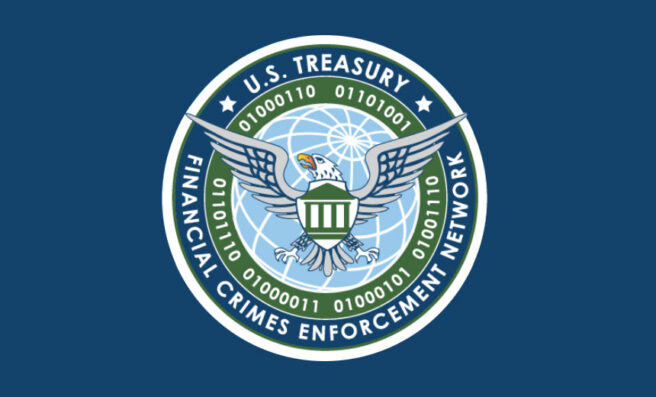
Priorities Echo Prior Alerts and Enforcement Actions
The SEC’s Division of Examinations (the “Division”) released on October 16 a report on its “Examination Priorities” (the “Report”) for fiscal year 2024. This release occurred earlier than in prior years, which the Report’s prefatory message characterizes as an example of the Division’s “intention to provide more transparency” and “to move forward together with investors and industry to promote compliance.”
The Report
The Report highlights four major areas of focus for the Division’s examinations in the coming year, which it terms “risk areas impacting various market participants”:
- Anti-money laundering (“AML”);
- Information security and “operational resilience”;
- Crypto and emerging financial technologies (“fintech”); and
- Regulation systems compliance and integrity (“SCI”).
As to AML, the Report first rehearses the requirement of the Bank Secrecy Act (“BSA”) for broker-dealers: namely, that they establish AML programs tailored to their unique risk profile – their location, size, customer base, menu of products and services, and method of delivery of those products and services. The Report further notes that such AML programs must be reasonably designed to achieve compliance with the BSA and related regulations, must undergo independent testing of their viability, and must include customer due diligence procedures and ongoing transaction monitoring – including, where appropriate, filing of Suspicious Activity Reports (“SARs”) with the Financial Crimes Enforcement Network (“FinCEN”). Although the Report also references “certain registered investment companies,” investment advisers as a group are not (yet) subject to the BSA.








